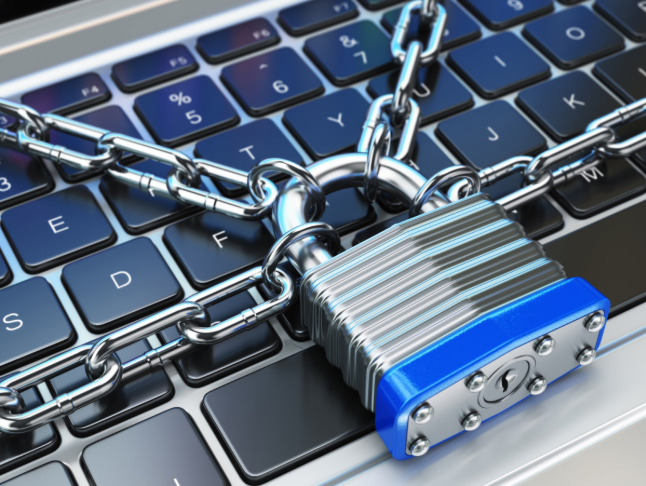
Remote work is taking the labor market by storm. The results of a survey published by AND CO show that more than half of the candidates were remote workers. The rise of the internet and new technologies led to the growth of home and remote workers. Still, employers’ concern for cybersecurity in these new conditions is growing.
Here are some practical security tips that will help business owners and remote workers stay safe.
1) Curbing risky behavior
The elimination of risky behavior is the first frontier of every battle for increased security. Both office and remote workers make similar mistakes, security-wise.
However, when an office worker behaves in a risky way, it’s easier to control and repair the damage. Remote workers, on the other hand, often work in different time zones. As a result, they can’t access the support team or their team leaders. This leads to significant delays in proper reactions.
That’s why it’s important to make a list of risky habits that remote workers need to avoid, which should include the following points:
· Downloading private data to business computers. Employees need to know that they should use their work devices for handling business matters only. It’s even worse if they download content from torrent websites or install an unknown software. It’s the fastest way to get malware on your device. So if you really need to do these things, it is best to download them on private computers.
· Clicking on suspicious emails. Even though every email service tries hard to recognize and filter spam messages, none of them are perfect. That’s why employees should never open emails sent from someone they don’t know. They also must always check, if a seemingly normal email from a colleague or a partner institution is really from them. It’s easy to spoof email addresses. So if it’s not standard practice to send bit.ly links, for example, but your co-worker sent one, it’s best not to click on it too quickly.
· Connecting to public networks. Working remotely offers the comfort of changing the work environment daily. Still, remote workers shouldn’t use open or suspicious wireless networks. They are notoriously dangerous, so it’s best to stay away.
2) Working online without hazards
The most delicate thing about remote work is the fact that absolutely everything happens online. From conference calls and project management tools to data storage and transactions.
That’s why it’s essential to eliminate or reduce the threat of human error as much as possible. First, business owners need to encourage a strong password policy. For instance, they can prepare a concise guide regarding their employees’ passwords. That way, the workers would know how often to change the passwords on their business accounts. They could also use password managers. These apps not only store passwords but can also generate new, strong passwords that are impossible to crack. Password managers are also convenient because they can be synced and used on all devices.
Again, it’s essential not to use public networks when transferring business data and logging into accounts. The best way to minimize the risk of data theft is to connect to the internet through a virtual private network only. VPN encryption ensures that all data is safe and secure, and no one can intercept the connection.
Business owners can also make sure that all the tools their remote workers use are updated automatically. Instead of reminding the employees to do that, it’s possible to set automatic updates remotely.
3) Securing employees’ smartphones
Smartphones are the most vulnerable devices of them all. This is mainly because people carry them everywhere they go. As a result, mobiles are exposed to all sorts of hazards, from insecure wireless networks to physical theft. Because of that, every remote worker needs to use passwords or biometric authentication on their smartphone.
Apart from that, employers can increase the level of business protection via Mobile Device Management (MDM) tools. These tools have dozens of different functions, from remote encryption for data transfer, to smartphone tracking, remote data deletion, and many other features. This is a useful option because it enables business owners to protect careless employees remotely.
Conclusion
Remote work brings numerous benefits to both employers and employees. Still, when it comes to working online, it’s essential to pay attention to security issues.
Because of that, it’s crucial for remote workers to follow the security guidelines provided by their employers. These measures will help both parties protect their private and business data and enjoy a long-term productive collaboration.
Now its very import to use an encrypted connection to stop breach of data. Your post is quite informative.